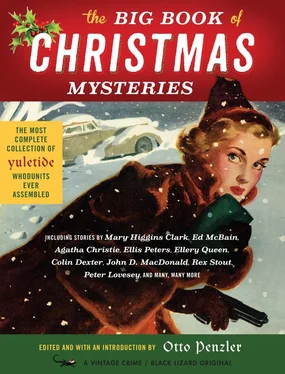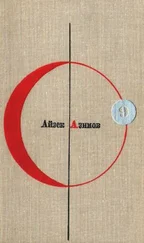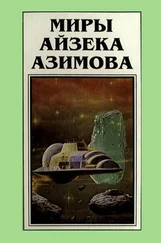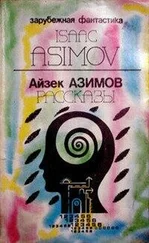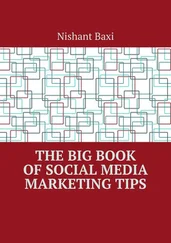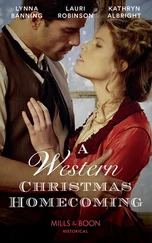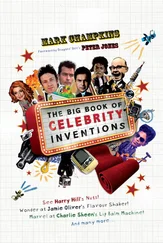“It is true,” Markheim said huskily, “I have in some degree complied with evil. But it is so with all; the very saints, in the mere exercise of living, grow less dainty, and take on the tone of their surroundings.”
“I will propound to you one simple question,” said the other; “and as you answer, I shall read to you your moral horoscope. You have grown in many things more lax; possibly you do right to be so; and at any account, it is the same with all men. But granting that, are you in any one particular, however trifling, more difficult to please with your own conduct, or do you go in all things with a looser rein?”
“In any one?” repeated Markheim, with an anguish of consideration. “No,” he added, with despair, “in none! I have gone down in all.”
“Then,” said the visitor, “content yourself with what you are, for you will never change; and the words of your part on this stage are irrevocably written down.”
Markheim stood for a long while silent, and indeed it was the visitor who first broke the silence. “That being so,” he said, “shall I show you the money?”
“And grace?” cried Markheim.
“Have you not tried it?” returned the other. “Two or three years ago did I not see you on the platform of revival meetings, and was not your voice the loudest in the hymn?”
“It is true,” said Markheim; “and I see clearly what remains for me by way of duty. I thank you for these lessons from my soul; my eyes are opened, and I behold myself at last for what I am.”
At this moment, the sharp note of the doorbell rang through the house; and the visitant, as though this were some concerted signal for which he had been waiting, changed at once in his demeanour.
“The maid!” he cried. “She has returned, as I forewarned you, and there is now before you one more difficult passage. Her master, you must say, is ill; you must let her in, with an assured but rather serious countenance — no smiles, no overacting, and I promise you success! Once the girl within, and the door closed, the same dexterity that has already rid you of the dealer will relieve you of this last danger in your path. Thenceforward you have the whole evening — the whole night, if needful — to ransack the treasures of the house and to make good your safety. This is help that comes to you with the mask of danger. Up!” he cried; “up, friend; your life hangs trembling in the scales: up, and act!”
Markheim steadily regarded his counsellor. “If I be condemned to evil acts,” he said, “there is still one door of freedom open — I can cease from action. If my life be an ill thing, I can lay it down. Though I be, as you say truly, at the beck of every small temptation, I can yet, by one decisive gesture, place myself beyond the reach of all. My love of good is damned to barrenness; it may, and let it be! But I have still my hatred of evil; and from that, to your galling disappointment, you shall see that I can draw both energy and courage.”
The features of the visitor began to undergo a wonderful and lovely change: they brightened and softened with a tender triumph, and, even as they brightened, faded and dislimned. But Markheim did not pause to watch or understand the transformation. He opened the door and went downstairs very slowly, thinking to himself. His past went soberly before him; he beheld it as it was, ugly and strenuous like a dream, random as chance-medley — a scene of defeat. Life, as he thus reviewed it, tempted him no longer; but on the farther side he perceived a quiet haven for his bark.
He paused in the passage, and looked into the shop, where the candle still burned by the dead body. It was strangely silent. Thoughts of the dealer swarmed into his mind, as he stood gazing. And then the bell once more broke out into impatient clamour.
He confronted the maid upon the threshold with something like a smile.
“You had better go for the police,” said he. “I have killed your master.”
A Chaparral Christmas Gift
O. Henry
Times change, and so does public taste, it seems. William Sidney Porter, under the pseudonym of O. Henry, wrote more than six hundred short stories that once were as critically acclaimed as they were popular. Often undervalued today because of their sentimentality, many nonetheless remain iconic and familiar, notably such classics as “The Gift of the Magi,” “The Furnished Room,” “A Retrieved Reformation” (better known for its several stage and film versions as Alias Jimmy Valentine ) and “The Ransom of Red Chief.” The O. Henry Memorial Award Prize Stories , a prestigious annual anthology of the year’s best short stories, has been published since 1919. “A Chaparral Christmas Gift” was one of O. Henry’s earliest stories, written while he was in prison. It was first published in the December 1903 issue of Ainslee’s; it was first collected in Whirligigs (New York, Doubleday, Page, 1910).
• • •
The original cause of the trouble was about twenty years in growing. At the end of that time it was worth it.
Had you lived anywhere within fifty miles of Sundown Ranch you would have heard of it. It possessed a quantity of jet-black hair, a pair of extremely frank, deep-brown eyes and a laugh that rippled across the prairie like the sound of a hidden brook. The name of it was Rosita McMullen; and she was the daughter of old man McMullen of the Sundown Sheep Ranch.
There came riding on red roan steeds — or, to be more explicit, on a paint and a flea-bitten sorrel — two wooers. One was Madison Lane, and the other was the Frio Kid. But at that time they did not call him the Frio Kid, for he had not earned the honours of special nomenclature. His name was simply Johnny McRoy.
It must not be supposed that these two were the sum of the agreeable Rosita’s admirers. The bronchos of a dozen others champed their bits at the long hitching rack of the Sundown Ranch. Many were the sheeps’-eyes that were cast in those savannas that did not belong to the flocks of Dan McMullen. But of all the cavaliers, Madison Lane and Johnny McRoy galloped far ahead, wherefore they are to be chronicled.
Madison Lane, a young cattleman from the Nueces country, won the race. He and Rosita were married one Christmas day. Armed, hilarious, vociferous, magnanimous, the cowmen and the sheepmen, laying aside their hereditary hatred, joined forces to celebrate the occasion.
Sundown Ranch was sonorous with the cracking of jokes and six-shooters, the shine of buckles and bright eyes, the outspoken congratulations of the herders of kine.
But while the wedding feast was at its liveliest there descended upon it Johnny McRoy, bitten by jealousy, like one possessed.
“I’ll give you a Christmas present,” he yelled, shrilly, at the door, with his .45 in his hand. Even then he had some reputation as an offhand shot.
His first bullet cut a neat underbit in Madison Lane’s right ear. The barrel of his gun moved an inch. The next shot would have been the bride’s had not Carson, a sheepman, possessed a mind with triggers somewhat well oiled and in repair. The guns of the wedding party had been hung, in their belts, upon nails in the wall when they sat at table, as a concession to good taste. But Carson, with great promptness, hurled his plate of roast venison and frijoles at McRoy, spoiling his aim. The second bullet, then, only shattered the white petals of a Spanish dagger flower suspended two feet above Rosita’s head.
The guests spurned their chairs and jumped for their weapons. It was considered an improper act to shoot the bride and groom at a wedding. In about six seconds there were twenty or so bullets due to be whizzing in the direction of Mr. McRoy.
“I’ll shoot better next time,” yelled Johnny; “and there’ll be a next time.” He backed rapidly out the door.
Читать дальше
